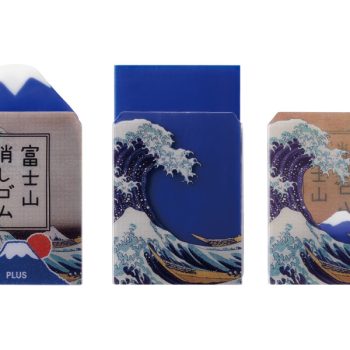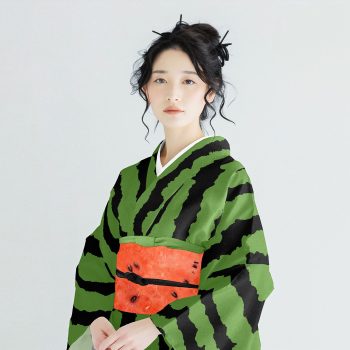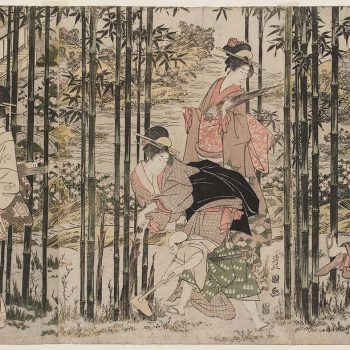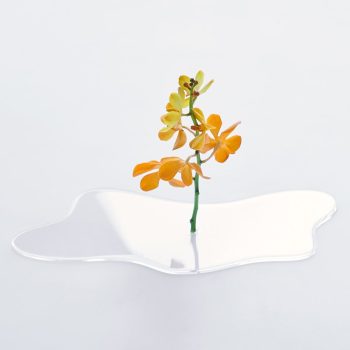From 1st grade to 6th grade, Japanese elementary schoolers must learn over 1000 kanji characters and commit them to memory. The strenuous task – one that all children in Japan face – is typically accomplished only by rote memorization: writing the characters over and over and over again. But an unlikely savior has recently emerged in bookstores across Japan: poop.
In March of this year, book publisher Bunkyosha released 6 series of kanji learning books titled “Unko Kanji Drill.” Unko is the Japanese word for poop. It comes out of your butt and it stinks. If there’s one thing that all kids can agree on, it’s that poop is funny. So by incorporating potty humor into learning, the creators set out to make kanji learning fun and hilarious, instead of boring and tedious.
How exactly do they incorporate poop? For starters, the weirdly likable mascot Unko Sensei guides you through all the exercises. In each, you practice the kanji first and then there are 3 example sentences that incorporate both the kanji and poop. That’s right: the publishers came up with a total of 3018 example sentences all about poop. And they really are quite hilarious.

drill for the kanji 取 (take) and 集 (collect)
Above is a page for the kanji 取 (take) and 集 (collect). Here are the example sentences for 取:
- The man took poop in his hand to face his difficulties
- A foreign news outlet came to interview me about my poop (note: the kanji for interview is 取材, literally ‘gather material’)
- I had to dictate the word poop 100 times (note: the kanji for dictate is 書き取り, literally ‘write take’)
Silly? Yes. Popular? Absolutely. Within the first month the Unko Kanji Drills have reportedly sold 630,000 copies, which is unheard of in the educational publication industry. And over on Amazon, where they’re available for 1058 yen (about $10) each, the series has mostly 4 and 5 stars. “I bought these for my 2nd grader,” wrote one reviewer. “As expected, he’s been having a lot of fun reading the examples and has been more motivated to practice his kanji.”
“My child is laughing out loud,” wrote another 5-star review. “It’s great that learning can be so funny.” They did note one drawback: you can’t use them to study in public, like on trains or in libraries, because there’s too much laughter involved.

the series of 6 Unko Kanji Drill, one for each grade of elementary school


























April 25, 2017 at 11:20 am
Japanese humor always had a very distinctive whiff! Reminds me of Ozu’s “Ohayu”.